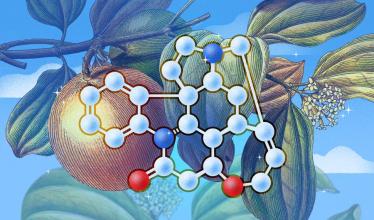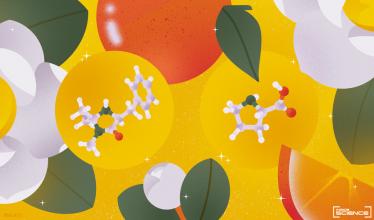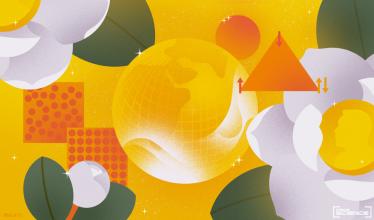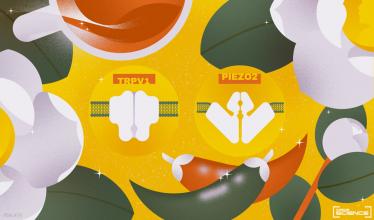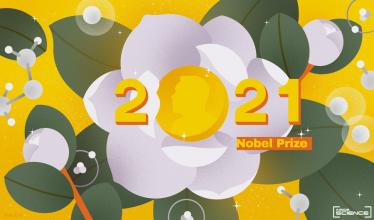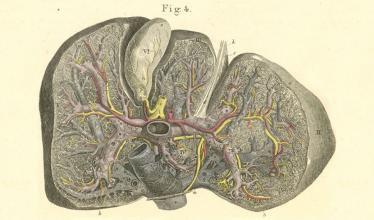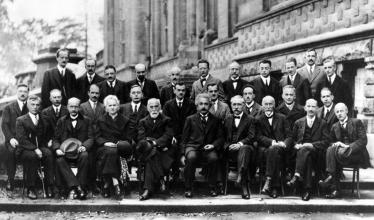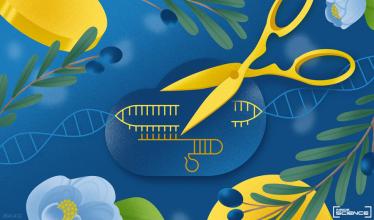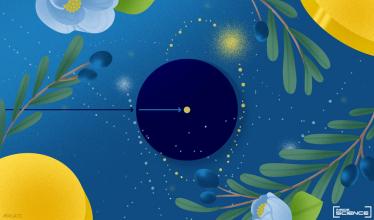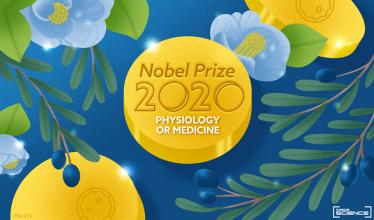Nobel prize
Strychnine is so difficult to make in a lab that chemists, including Nobel winners, have long competed to synthesize it more efficiently.
Researchers established a new kind of environmentally friendly and cost-effective catalyst.
Two scientists share the prize for modeling Earth's climate, while a third is honored for discovering hidden patterns in the behavior of disordered complex materials.
Award recognizes research that explains how our nerves sense the environment around us.
Beginning early Monday morning, Inside Science will cover the three most anticipated science prizes of the year.
These significant advancements could win the Nobel Prizes in physiology or medicine, physics and chemistry.
The new Nobel Prize for hepatitis C follows Blumberg's 1976 Nobel for hepatitis B. Both discoveries helped make blood transfusions safe.
While groups have won the Nobel Peace Prize, the science prizes have been limited to three individuals per prize per year.
CRISPR-Cas9 tool helps scientists edit DNA.
The research that won this year's Nobel Prize in medicine has saved millions of lives, but it has not yet led to a vaccine.
This year’s prize highlights "the darkest secrets of the universe."
3 Share Physiology or Medicine Nobel for Discovering the Hepatitis C Virus

